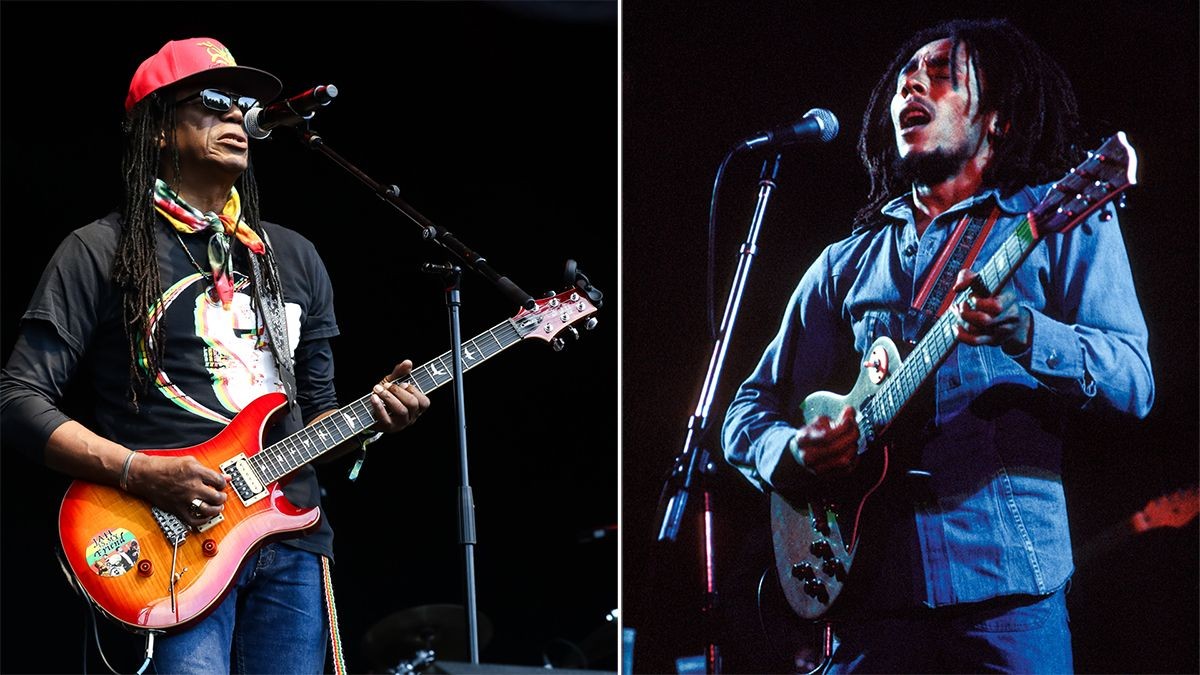
In early 1977, a pivotal moment in music history unfolded when Junior Marvin stepped into London's Island Studios as Bob Marley's new lead guitarist. The resulting album, 'Exodus,' would go on to be named Time Magazine's Album of the Century and establish reggae music's global appeal.
"I find myself very fortunate," reflects Marvin, who had turned down an offer from Stevie Wonder to join Marley's Wailers. His diverse musical background, including collaborations with T-Bone Walker and Steve Winwood, along with his Jimi Hendrix-influenced style, made him Marley's ideal choice to replace Al Anderson.
The recording sessions took place during an intense period following an assassination attempt on Marley's life. "Bob was happy to be alive," Marvin recalls. "It was like he got another chance to make a mark." This renewed sense of purpose drove Marley to push the band harder than ever.
Working with audio engineer Roger Mayer, who had previously collaborated with Jimi Hendrix, Marvin brought a fresh sound to the Wailers. Mayer personally selected a Fender Stratocaster from Manny's Music store in New York for Marvin, shipping it to London specifically for the recordings.
The album produced numerous classics including "Jamming," "Three Little Birds," "Waiting in Vain," and "One Love/People Get Ready." Marvin's guitar work introduced rock and blues elements that helped broaden reggae's appeal while maintaining its spiritual core.
"It was more of a life thing, rather than just being a guitar player," Marvin says of his contribution. His distinctive style, blending blues, jazz, and rock influences, helped create what would become reggae's most successful crossover album.
The title track "Exodus" showcased Marvin's ability to integrate with the band's signature sound. "It just moves like a train and chugs along," he describes, highlighting how the guitar work complemented the horns and keyboards to create a danceable anthem.
Looking back, Marvin's pride in the album's success is evident. "We were up against Michael Jackson, Elvis, Miles Davis, the Rolling Stones, Led Zeppelin, the Beatles... and Exodus came out on top," he notes, referring to Time Magazine's recognition.
The album's enduring influence on popular music stands as a testament to the perfect storm of talent that came together in that London studio - with Junior Marvin's guitar work helping to elevate reggae music to unprecedented global heights.